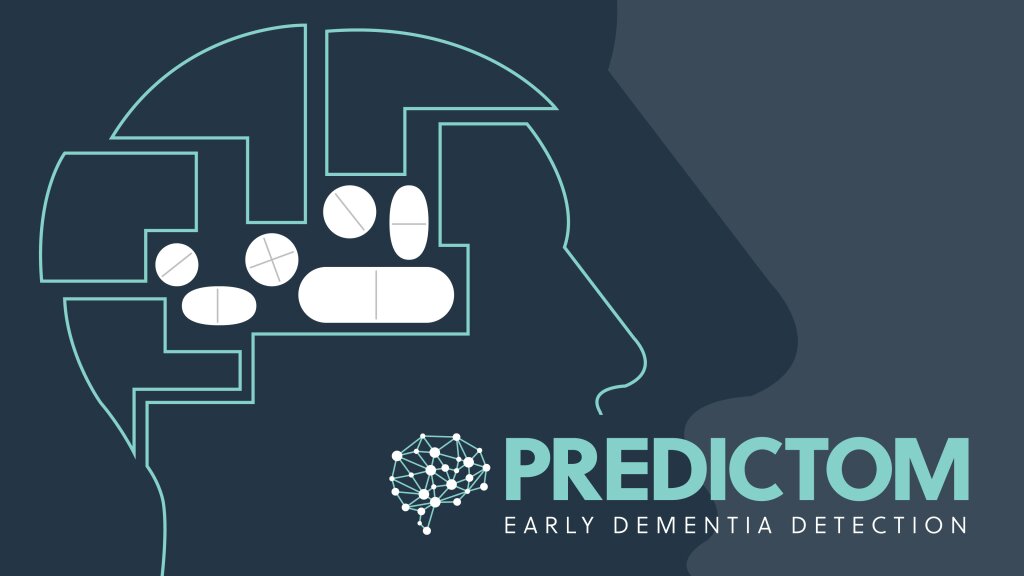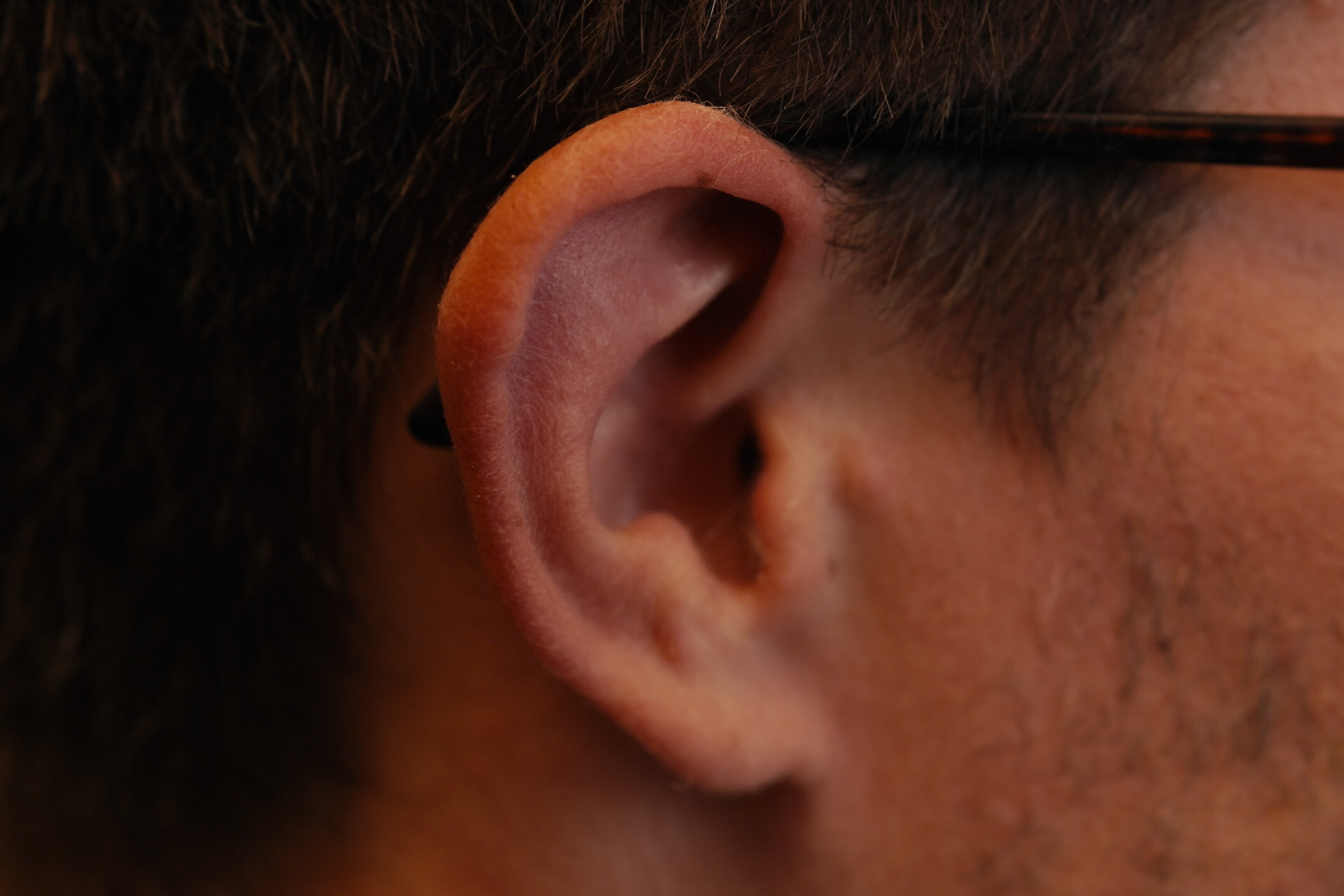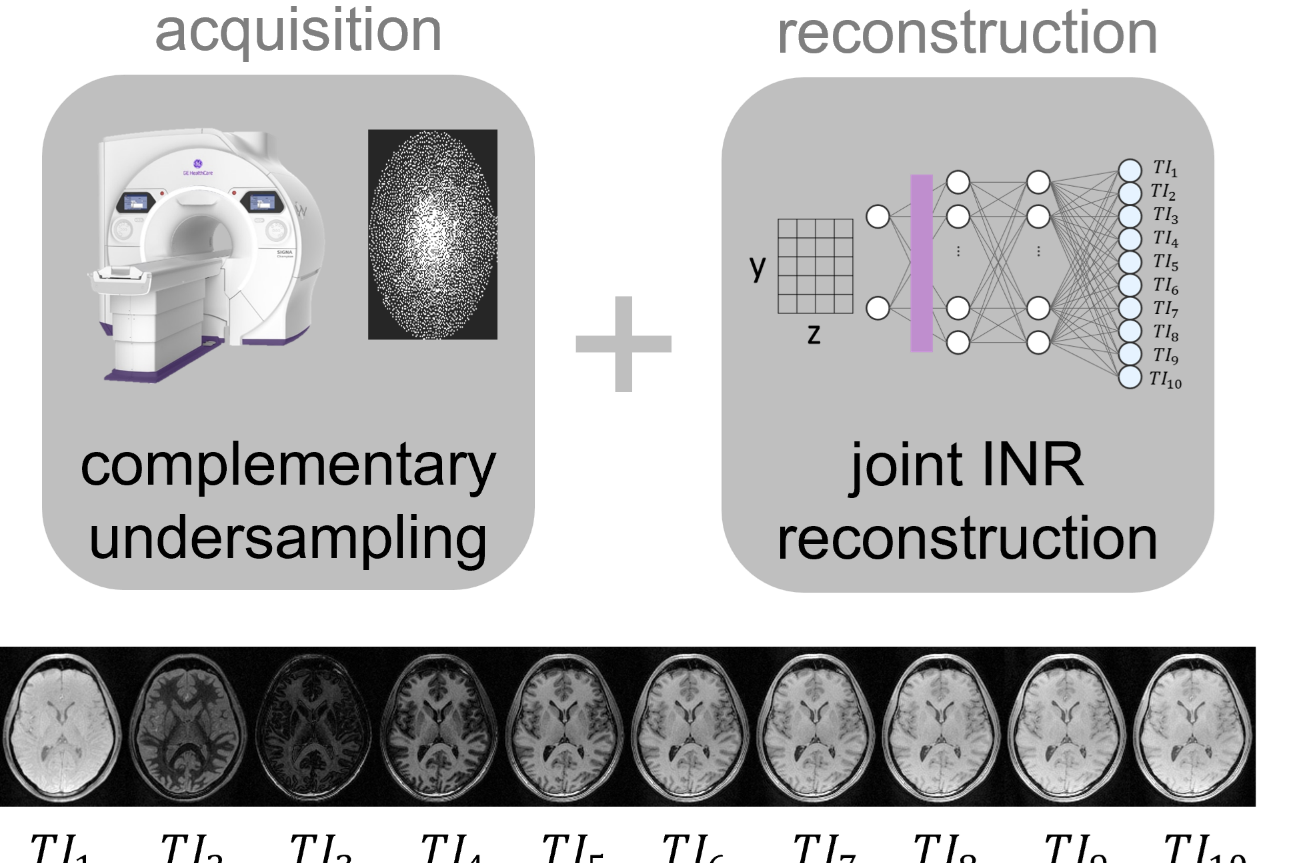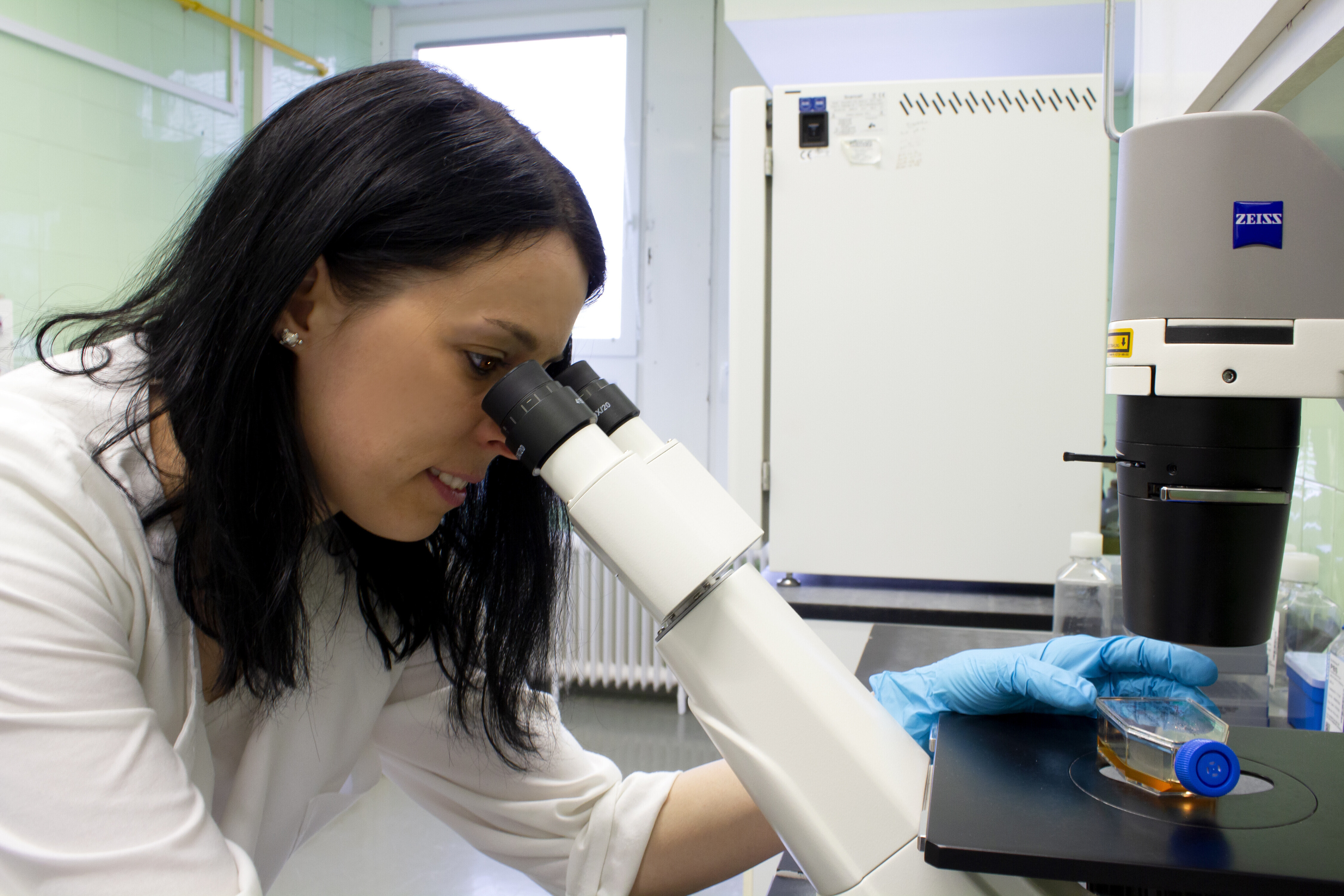Driving innovations for early diagnosis of Alzheimer's disease
Matthias Müllenborn, Senior Director Public-Private Partnerships at Novo Nordisk shares his vision of PREDICTOM's potential impact on research and treatment plans for Alzheimer's disease. “There are not many solutions out there for Alzheimer's disease, so we will have to do things differently”, says Matthias.
Matthias Müllenborn
What is your role in PREDICTOM?
In PREDICTOM I provide the pharma perspective in the Management Team. Within the Management Team we make sure we achieve our objectives as a consortium and ensure that we are on track with all project activities. Next to that, as part of work package 4, I am coordinating the clinical trials of PREDICTOM. The goal of the clinical trials is to identify people with high risk of developing Alzheimer's disease (AD) faster. We will do that by collecting and testing new biomarkers at participant's homes and in primary care facilities.
Next to that, we will ensure that PREDICTOM's biomarker platform meets clinical standards. As with all clinical trials, before we start, we have to obtain approval from all participating countries' ethical and medical committees. If everything goes according to plan, we aim to recruit about 4000 participants with a high risk of developing AD.
What makes Novo Nordisk suitable as a partner in PREDICTOM?
Novo Nordisk's connections in the industry were very important for getting the industry partners involved in PREDICTOM. Besides our network, Novo Nordisk has a lot of experience with setting up clinical trials. That makes us a good fit for advising on the clinical studies in PREDICTOM. We help find and recruit the right participants for the clinical studies and we provide regulatory expertise.
What is the benefit for you as an industrial partner from participating in PREDICTOM?
We participate in PREDICTOM because we want to gain more experience the field of AD.
Currently, many Alzheimer's patients receive a late diagnosis or no diagnosis at all. There is a need to identify Alzheimer's patients earlier and this is one of the goals of PREDICTOM. To do that, we need to drive innovations for early diagnosis together. Early diagnosis makes sense for us at Novo Nordisk because we can identify patients or people at risk early which is invaluable. Our goal is that, in the future, we can recruit those patients for clinical trials and provide potential treatment. Importantly, we don't count on developing a product, but instead - we are preparing the playing field for the future.
How is the work in PREDICTOM improved with the contributions from industrial partners?
Understanding AD is one thing, but developing a drug and making it available for clinical trials is very different. These processes require large fundings and a commercial set-up. This is when the industry comes in. In PREDICTOM, we can co-create and co-develop new solutions for AD together with colleagues from academia, SMEs and industry. The advantage of public-private partnerships such as PREDICTOM is that you sit together with other partners, already when you develop the proposal, so that you align upfront on what is needed and relevant for every partner to deliver and to do their best work.
Are there any plans for regulatory involvement in PREDICTOM?
It is very important to involve regulators in the process because they share their expertise on safety and efficacy regarding the project outputs and provide their advice for the best outcome of our work. For example, the National Institute for Health and Care Excellence (NICE) is participating in PREDICTOM because of its strong links with regulatory bodies across multiple countries. Through the involvement of NICE, we make sure that there is active engagement with relevant regulatory bodies. All of that with the goal that PREDICTOM's results can become available for patients.
How will PREDICTOM change the wider field of Alzheimer’s research and care?
At the moment, we don't have very good treatment plans for Alzheimer's. Partly because we still don't fully understand how the condition develops. Also, current diagnostic methods are often difficult procedures and sometimes painful (e.g. lumbar puncture). That's why we need to learn more about easier ways to diagnose AD, and about solutions that can delay its progression. I believe that PREDICTOM can provide these lessons.
Moreover, current diagnostic methods are expensive and done by already overloaded specialists. Besides fundamental insights into AD, PREDICTOM will also relieve the pressure on hospitals and the healthcare system. The easier and cheaper diagnostics tools developed in PREDICTOM will allow treatment and diagnosis to move from the specialists to primary care.





